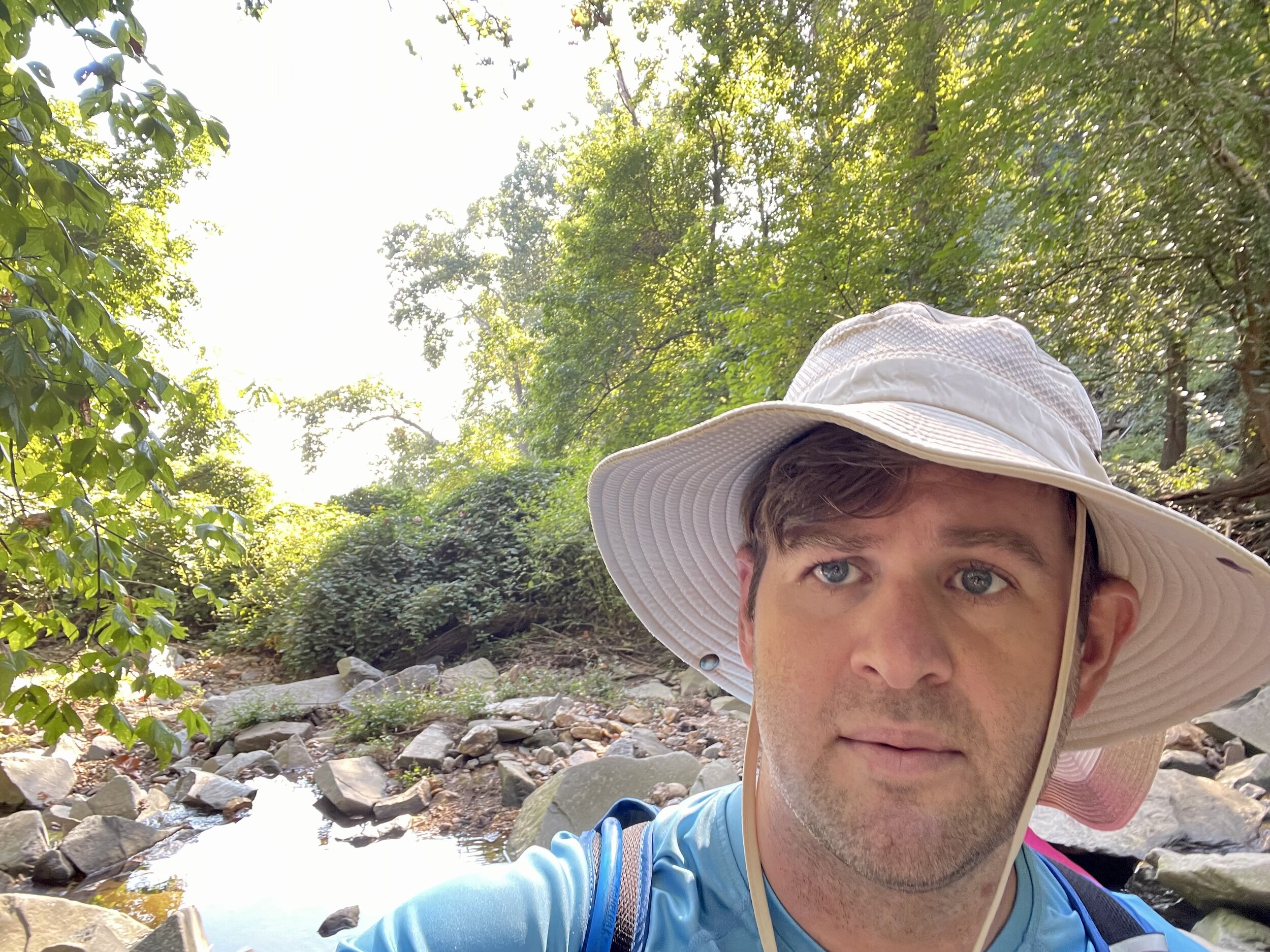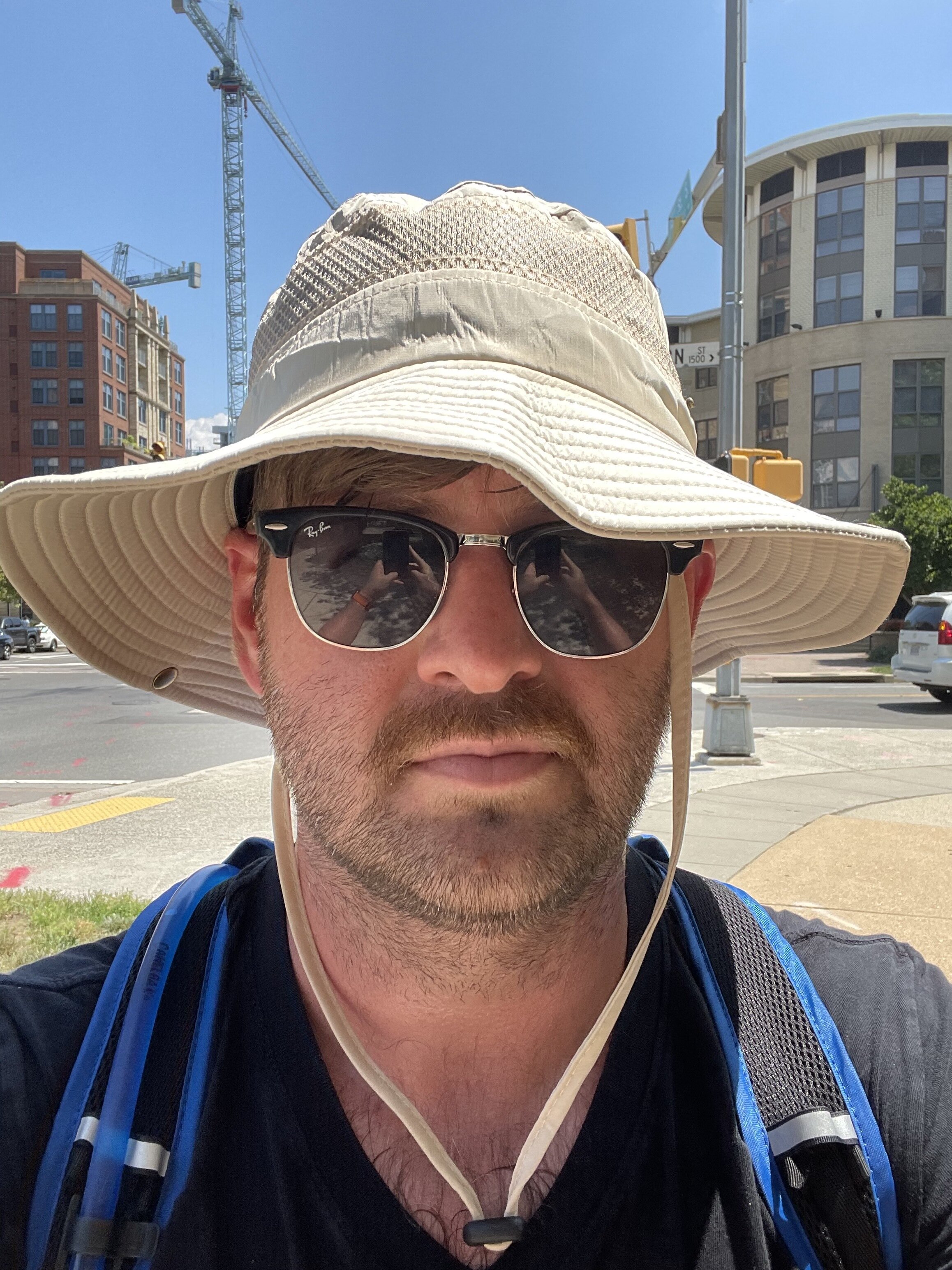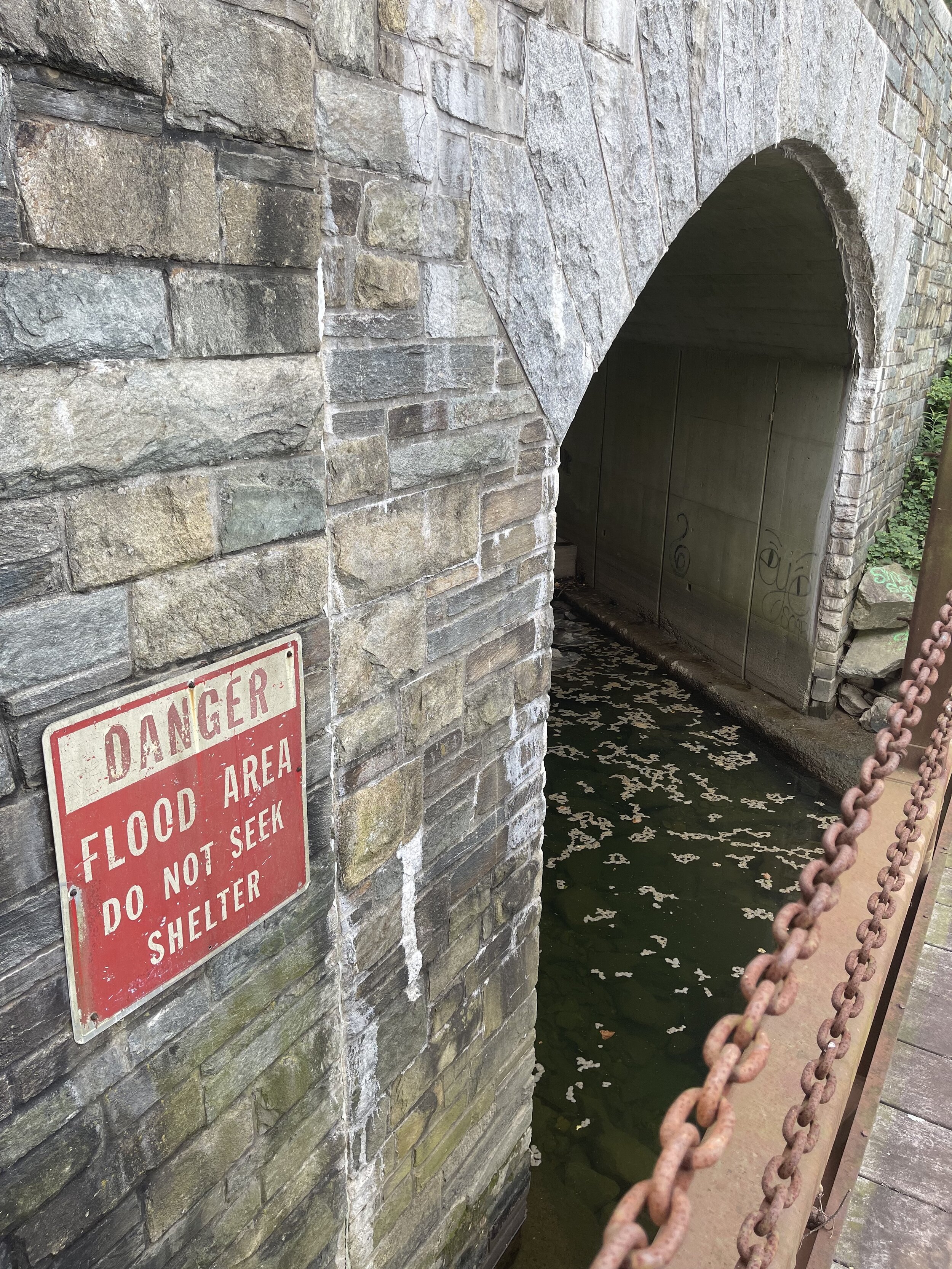A year has always felt impossibly long. Something that happens in January and something that happens in December have always felt like they were on opposite ends of an infinite divide. This was even more true when I was a child and the endless expanse of a summer vacation felt like an epoch. But even as an adult I’ve never really felt like all 12 months of a year hang together in a cohesive way.
That is, until this year. For some reason my year felt like a cohesive unit. It certainly had distinct phases, which I’ll get into below, but I’m struck by how it felt like an extremely contained, and brief, moment of time. Perhaps I’m just getting old and experiencing the realities of math and physics (each year representing a smaller percentage of my overall consciousness as I age). I think it might also have something to do with the fact that I’ve now officially gone an entire year using my Week/Month/Trimester Review and Planning rhythm. This is also my second full year of highly detailed Weekly personal metrics saved in a spreadsheet every Sunday afternoon. The end result is a portfolio of artifacts that can be consumed over a cup of coffee that clearly and discretely contain the entirety of my yearly experience.
Like usual, I’m going to resist my nerd urges to just dump a bunch of data from my various personal quantification efforts for the past year (if you care about that, you can see that here). Instead, here’s my best take at a relatively brief narrative review of my 2021 and what I’m looking forward to in 2022.
Phase 1 (January - July): Burnout
I started the year burned out and only got crispier from there. I had been on the same client engagement since early 2019 and was unsuccessful in figuring out a way to keep being jazzed about it. The project itself was radically successful, but I was feeling more and more like an increasingly annoyed fly on the wall rather than an active, optimistic, and effective member of the team. One of the changes I had made late in 2020 was to start a smaller engagement under the umbrella of our larger project. This let me dive into a new part of the organization and operate as a team of one and for a little while it was exciting and engaging. I was laying the ground work with my key stakeholders to hopefully expand the project into something more impactful (and more in my wheelhouse) and all the signals I was getting indicated this was extremely likely to happen. And then, at the end of a meeting at the end of March, my key client, an extremely senior executive, announced he was leaving the company to pursue new opportunities. In an instant, 5 months of hard work flew out the window and with it, the last vestiges of my motivation.
My nearly two and a half year involvement with the project came to a close, with a whimper, in April. I could easily write a whole article about the experience of starting, growing, and ultimately crashing out of this project.
I knew I needed a substantial break before I started anything new. I didn’t want to quit my job, because I knew my negative feelings toward it were more a function of my extreme burnout than anything else, but it was definitely on the table. Instead of taking that drastic action I decided to investigate what it would look like for The Ready to instantiate a Sabbatical Policy. Assuming we adopted it, my plan was to immediately partake in it.
Luckily, that’s what happened. By the middle of May I had researched, written, and proposed it to the company. By the end of May it has successfully made its way through our participatory governance process and became an official policy of The Ready. I immediately invoked it and scheduled the start of my 4 month sabbatical for the beginning of July.
Phase 2 (July - October): Sabbatical
If Phase 1 was the darkest night, then Phase 2 was the brightest day. I’m somewhat loathe to rehash the entire sabbatical because I don’t think we have the time or space for me to truly do it justice in this article and I happened to do a pretty good job capturing it as it happened.
So, let’s do this montage style. I’ll momentarily drop the coherent narrative and instead flash a few of the key moments across the screen:
Spending a week in Cape Cod with my fiancee. Seafood for every meal. Kayaking close enough to a seal to say hello.
Seeing my grandparents in Kentucky for what turned out to be the last time before my Grandpa Bill passed away in October.
Going to Buffalo (twice!) for family weddings (who knew Buffalo was such a sought after destination locale?)
Starting salsa lessons with my fiancee.
Buying a used road bike and exploring the cycling paths in Northern Virginia — which then led me to getting interested in triathlon and starting to work with a coach
Another trip to Cape Cod, this one shortened by Hurricane Henri
Working on my brother’s farm in TN for a week. Learning the ins and outs of being a small-scale farmer while experiencing the true misery of August in Tennessee.
Getting Lasik eye surgery after nearly three decades of wearing glasses and contacts
Spending a long weekend in rural Pennsylvania with all four of my younger brothers for our second annual Brothers’ Weekend
In between these highlights was a ton of time spent reading and not thinking about work at all (at least at first). However, as the sabbatical started to wind down I noticed myself feeling excited to dive back into work. The feelings that always led me to describe my work at The Ready as my dream job started to re-emerge and by the time I went to sleep for the last time as a man on sabbatical, I couldn’t wait for morning to come so I could rejoin my colleagues in changing how the world works.
Phase 3: Re-Entry (November & December)
Phase 3, which I’m still decidedly in the midst of, was all about re-entering the world of work. In my first two weeks back I had lined up three workshops (one of which was in California) and an advisory project, so I was immediately thrown back into the deep end. Luckily, I still remembered how to do this whole consultant thing. In my third week back The Ready finally had its first in-person retreat since the beginning of the pandemic. For the first time in well over a year I was finally getting to see my colleagues face-to-face; many of them for the very first time!
At the retreat we decided to kick off an initiative all about figuring out what is going on with web3 and Decentralized Autonomous Organizations. My colleagues kindly nominated me to co-steward that initiative and that’s what I’ve been doing ever since. I’m spending the vast majority of my time every day learning about this emerging space and figuring out how The Ready can best contribute to it. It’s incredibly fun, incredibly challenging, and the perfect thing for me to be working on after 6 years of pretty exhausting client-facing work. I’m excited that The Ready is exploring non-consulting ways to achieve our purpose and it has been a lot of fun to be on the leading edge of that.
Thinking About 2022 and Beyond
As I mentioned before, I do my big reflection and planning sessions every four months. I really love that cadence but it does kind of make the third trimester of every year a little awkward. I’m not due for a big think on my goals, projects, and other endeavors until the end of February. However, there’s something about the end of the calendar year that makes it feel like a natural time to do a bit of pausing and reflecting. I’m not big on detailed plans anyway, so here’s a few things I’m looking forward to in 2022.
I’m getting married to my best friend at the end of May in beautiful Naples, Florida. Hopefully the COVID situation lets up before then so we can have an amazing time celebrating with our friends and family. Later in the summer we’ll be having a celebration in Michigan for those members of my family who can’t make the trek to Florida. In September we hope to take a honeymoon in Europe that concludes with Emily’s brother’s wedding in Spain.
As I mentioned above, during my sabbatical I got curious about training for triathlons and have been working with a coach and training consistently since the end of August. I’ve signed up for my first three triathlons in 2022. In April I’ll be doing a sprint triathlon, in June I’ll be doing an Olympic distance triathlon, and in early September I’ll be going for a half-Ironman distance triathlon. I’ve found a lot of joy in pushing myself to get better across these three sports and I can’t wait to test myself in a race environment.
Finally, I intend to consume far more art than I ever have before in 2022. I’ve read almost nothing except non-fiction since I graduated from college in 2009. I ramped up my consumption of non-fiction material even more when I started graduate school in 2011 and even higher once again when I started working at The Ready in 2015. Every time I’ve put myself in a situation where I’m not sure if I can handle the workload or felt like I didn’t have the experience I needed to be able to hack it, I turned to books and my ability to read and learn quickly to save me. It has worked pretty well to this point. But I think I’m ready to take my foot off the gas a little bit. I’ve let the part of me that loves stories and games and art atrophy too much. I don’t know what exactly I’m going to do to honor this intention other than reading more fiction, but it’s a challenge I’m excited to figure out.

















